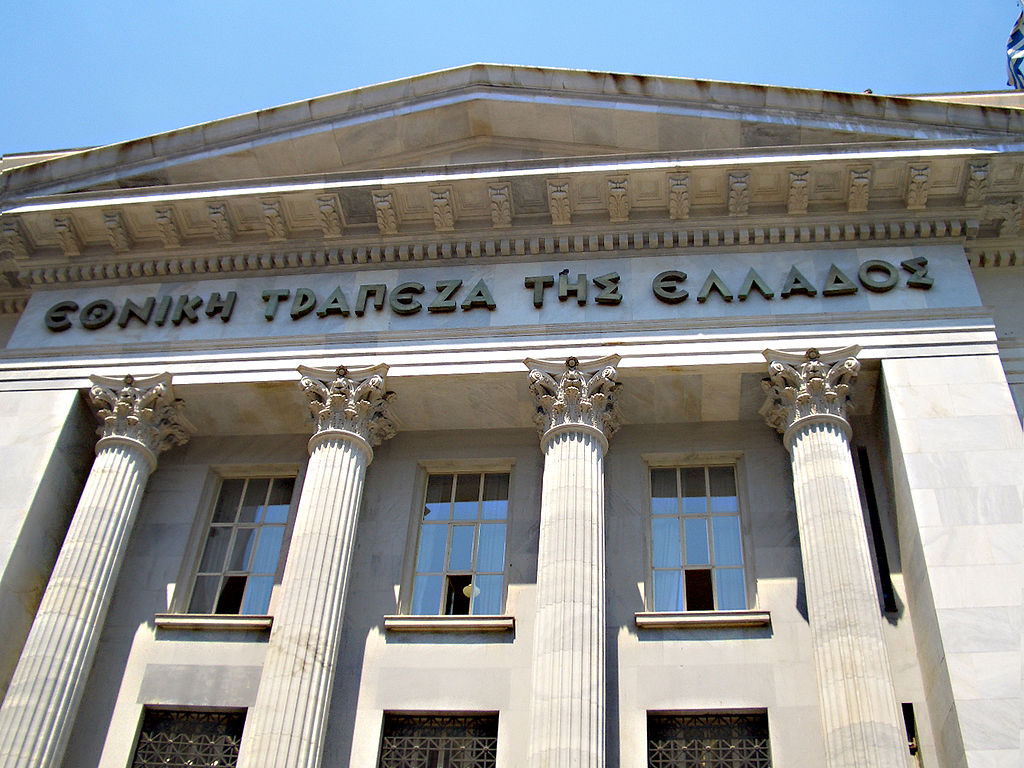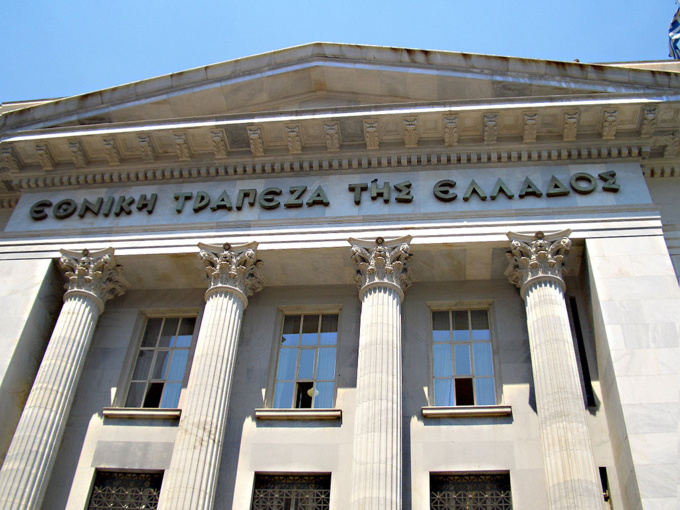The Greek government debt management agency (PDMA) on Wednesday announced exchange of government bonds of 20 different issues with a total nominal value of € 29.7 billion for debt securities of new issues. The exchange is voluntary and affects bonds issued by Greece in 2012, when debt restructuring under the threat of default forced private investors to agree to write off € 107 billion of Greek debt (53.3% of the nominal). 31.5% of this amount was then exchanged for 20 different types of Greek bonds with a maturity of 11 to 30 years (the rest was traded for securities of the European Fund for financial stability). The coupon on securities was 2% for bonds with a maturity period up to 2014, 3% - until 2020 and 4.3% for securities until 2042. In addition, the issues could be restructured by a government decision, supported by a simple majority of creditors (50%).
Now, investors are offered five new issues on standard terms, with redemption in 2023, 2028, 2033, 2037 and 2042, with coupons ranging from 3.5% to 4.2%. Applications for the exchange of papers are accepted until November 28, the date of final settlement within the swap is December 5. The participation of investors is voluntary. According to the agency, the swap is intended to increase the liquidity of Greece's debt obligations and facilitate the sale of new securities in the future.
Now the required yield on ten-year securities on the secondary market is 5.1% (it was about 6% in the middle of the year), the five-year period - 4.1%. The markets reacted positively to the news about the proposed exchange, and the yield slightly decreased. However, the trading volume of Greek securities on the secondary market remains extremely low: € 49 million in October against € 36 million in September.
Recall, in late July, Greece returned to the stock market for the first time since 2014, placing bonds for € 3 billion at a rate of 4.625%. The current, third country assistance program expires in August 2018. Having new securities placed and having the already issued bonds restructured, the government hopes to enter into self-service debt. In particular, it is planned to attract € 6 billion due to new placements this year. However, the IMF still proposes to partially restructure Greece's debt to EU official creditors in the same way as it was done in 2012 against private debt holders.
The third international aid program for Greece will end in August 2018, and the country's authorities have already begun preparations for work without external financial support. In 2018, the Greek government expects to attract at least 6 billion euros in the debt markets, the representatives of the Cabinet said earlier.
The yield of 2-year government bonds of Greece fell by 2.5 basis points on Wednesday, to 2.91%; 5-year securities sunk by 1.5 bp, to 4.13%.
Trading volumes of Greek securities on the secondary market remain extremely low: 49 million euros in October against 36 million euros in September. In 2016, the volume of trading was the lowest for the entire time of observation (since 2001) - 519 million euros, while the peak at the level of 136 billion euros was reached in 2004.
source: reuters.com
Now, investors are offered five new issues on standard terms, with redemption in 2023, 2028, 2033, 2037 and 2042, with coupons ranging from 3.5% to 4.2%. Applications for the exchange of papers are accepted until November 28, the date of final settlement within the swap is December 5. The participation of investors is voluntary. According to the agency, the swap is intended to increase the liquidity of Greece's debt obligations and facilitate the sale of new securities in the future.
Now the required yield on ten-year securities on the secondary market is 5.1% (it was about 6% in the middle of the year), the five-year period - 4.1%. The markets reacted positively to the news about the proposed exchange, and the yield slightly decreased. However, the trading volume of Greek securities on the secondary market remains extremely low: € 49 million in October against € 36 million in September.
Recall, in late July, Greece returned to the stock market for the first time since 2014, placing bonds for € 3 billion at a rate of 4.625%. The current, third country assistance program expires in August 2018. Having new securities placed and having the already issued bonds restructured, the government hopes to enter into self-service debt. In particular, it is planned to attract € 6 billion due to new placements this year. However, the IMF still proposes to partially restructure Greece's debt to EU official creditors in the same way as it was done in 2012 against private debt holders.
The third international aid program for Greece will end in August 2018, and the country's authorities have already begun preparations for work without external financial support. In 2018, the Greek government expects to attract at least 6 billion euros in the debt markets, the representatives of the Cabinet said earlier.
The yield of 2-year government bonds of Greece fell by 2.5 basis points on Wednesday, to 2.91%; 5-year securities sunk by 1.5 bp, to 4.13%.
Trading volumes of Greek securities on the secondary market remain extremely low: 49 million euros in October against 36 million euros in September. In 2016, the volume of trading was the lowest for the entire time of observation (since 2001) - 519 million euros, while the peak at the level of 136 billion euros was reached in 2004.
source: reuters.com



















